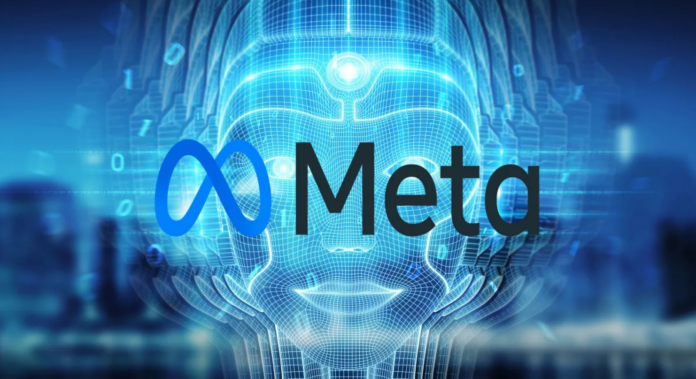IndiGlobal Bureau
Meta is releasing a commercial version of its open-source artificial intelligence model Llama, the company said on Tuesday, giving start-ups and other businesses a powerful free-of-charge alternative to pricey proprietary models sold by OpenAI and Google. The new version of the model, called Llama 2, will be distributed by Microsoft through its Azure cloud service and will run on the Windows operating system, Meta said in a blog post, referring to Microsoft as “our preferred partner” for the release.
The model, which Meta previously provided only to select academics for research purposes, also will be made available via direct download and through Amazon Web Services, Hugging Face and other providers, according to the blog post and a separate Facebook post by Meta CEO Mark Zuckerberg. Implementation of distributed power systems to optimise train operations by coordinating acceleration and deceleration. Establishment of smart railway stations by incorporating access control measures at entry points.
Implementation of e-ticketing systems with additional features like infotainment and app-based services. Utilisation of training simulators and Virtual Reality (VR) training systems to enhance personnel capabilities. These measures aim to modernise and improve railway operations through the integration of digital technologies and innovative solutions.
“Open source drives innovation because it enables many more developers to build with new technology,” Zuckerberg wrote. “I believe it would unlock more progress if the ecosystem were more open.”
Making a model as sophisticated as Llama widely available and free for businesses to build atop threatens to upend the early dominance established in the nascent market for generative AI software by players like OpenAI, which Microsoft backs and whose models it already offers to business customers via Azure.
The first Llama was already competitive with models that power OpenAI’s ChatGPT and Google’s Bard chatbot, while the new Llama has been trained on 40% more data than its predecessor, with more than 1 million annotations by humans to fine-tune the quality of its outputs, Zuckerberg said. “Commercial Llama could change the picture,” said Amjad Masad, chief executive at software developer platform Replit, who said more than 80% of projects there use OpenAI’s models.
“Any incremental improvement in open-source models is eating into the market share of closed- source models because you can run them cheaply and have less dependency,” said Masad. The announcement follows plans by Microsoft’s largest cloud rivals, Alphabet’s Google and Amazon, to give business customers a range of AI models from which to choose.
Amazon, for instance, is marketing access to Claude – AI from the high-profile startup Anthropic – in addition to its own family of Titan models. Google, likewise, has said it plans to make Claude and other models available to its cloud customers.
Until now, Microsoft has focused on making technology available from OpenAI in Azure. Asked why Microsoft would support an offering that might degrade OpenAI’s value, a Microsoft spokesperson said giving developers choice in the types of models they use would help extend its position as the go-to cloud platform for AI work.

